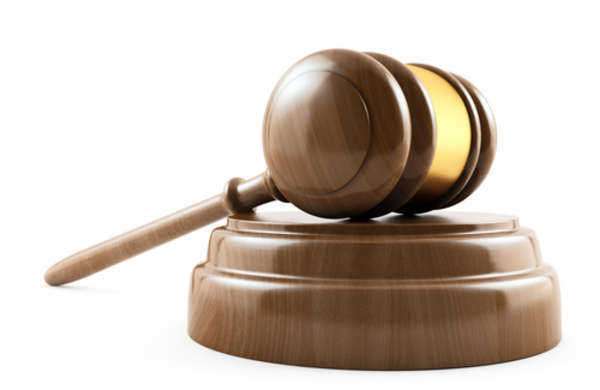Fifth Amendment
The Fifth Amendment is one of the most essential amendments to the United States Constitution. It guarantees protection against self-incrimination, the right to a fair trial, and the right to private property.
The Fifth Amendment was ratified in 1791 as part of the first 10 amendments, known collectively as the Bill of Rights. It protects individuals from being compelled to testify against themselves in criminal cases, also known as the “right to remain silent." This right ensures that individuals are not forced to incriminate themselves and violate their own rights to remain protected under the Constitution.
The Fifth Amendment also guarantees the right to due process of law, which means that no person can be deprived of life, liberty, or property without proper legal proceedings. This includes the right to a fair trial, the right to be informed of charges against them, the right to question witnesses, the right to legal counsel, and the right to appeal.

Additionally, the Fifth Amendment protects private property from being taken by the government without compensation. This protection is known as eminent domain and requires that the government must pay a fair price for any property taken for public use.
The Fifth Amendment also has some significant landmark cases like Miranda v. Arizona (1966), which substantially increased the protections offered to criminal defendants by requiring police to inform arrestees of their rights to remain silent and obtain an attorney. Another important case is Kelo v. City of New London (2005), a controversial ruling that expanded the government's power of eminent domain by permitting the use of eminent domain for economic development and private projects.
Overall, the Fifth Amendment strengthens democracy in America by protecting individuals from being forced into self-incrimination and loss of property without just compensation. It is a foundation of justice in the United States, ensuring that all citizens have the right to a fair trial, to be informed of charges, and to a legal counsel. The right to remain silent and not incriminate oneself is an essential part of the United States legal system and is an essential safeguard against false accusations and wrongful imprisonment.
The concept of double jeopardy is addressed in the Fifth Amendment, which relates to the clause stating "[...]nor shall any person be subject for the same offense to be twice put in jeopardy of life or limb[.]" In other words, once a person is acquitted for a crime, that individual cannot be tried again for the same offense.
However,this does not apply in terms of trials carried by different governments. The Federal and State Government, under law, are considered to be two different government systems, and it may possible for an individual to be acquitted at the State level of a crime, but be retried for the same crime at the Federal level.
Self-incrimination is another aspect that protectscitizens from being forced or coerced into incriminating themselves whenwitness during a court proceeding. This clause has its history with the use oftorture tactics to make witnesses confess to certain crimes.